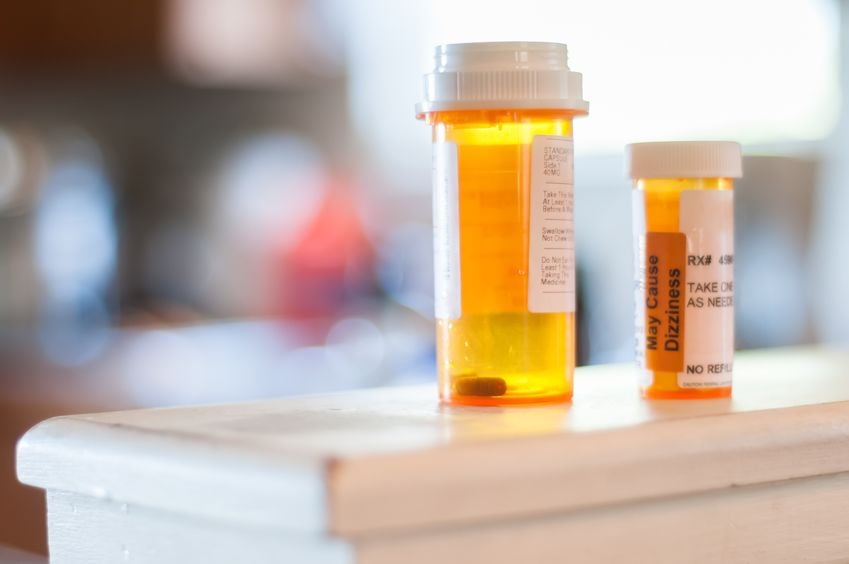Are You Getting Your Daily Vitamins?
The body requires significant amounts of vitamins and minerals to grow and function. Vitamins are tiny organic substances present in fruits, vegetables, meats, and fortified foods. Some of the most important include vitamins A, D, and C. Micronutrient deficiency leads to acute diseases, particularly in places where adequate healthy food intake is difficult. A diet high in processed foods may lack these vital nutrients.

Why are we missing these vitamins?
Studies show that about 92% of the population has at least one vitamin deficiency. These deficiencies happen, despite close to 40% of Americans are suffering from obesity. The population is consuming more processed foods but less nutrient-dense foods. Although getting vitamins from food is ideal, supplements can aid where nutrients are lacking. Today, half of all American adults regularly take a multivitamin supplement. However, multivitamins alone do not reduce the risk of chronic diseases or early death. In short, diet matters.
Do you have vitamin A?
Vitamin A is a group of fat-soluble substances called retinoids. These are essential for eye health, skin health, and immune function. A deficiency in vitamin A may cause night blindness, keratomalacia, and low iron. Apricots, carrots, broccoli, sweet potatoes, pumpkin spinach, liver, and dairy products are all great sources of retinoids. Vitamin A deficiencies aren’t common in the USA compared to developing countries. A proper diet or a supplement is enough for a daily intake of vitamin A.
The sunshine vitamin
Vitamin D is one of the essential vitamins for a healthy body and immune system. The vitamin increases the absorption of calcium and magnesium, which keeps bones, teeth, and muscles healthy. Statistics show that 42% of Americans do not get enough vitamin D, particularly people of color. Eating foods fortified with vitamin D can help along with 20 minutes of direct sunlight daily. If necessary, a doctor will recommend a vitamin D supplement.
Not just for scurvy
Vitamin C is an antioxidant that protects cells against oxidative stress caused by free radicals. This effective nutrient supports the immune system, fights cardiovascular disease, prenatal health problems, and even signs of aging. Also known as ascorbic acid, vitamin C enhances iron absorption, helping develop and repair body tissue. Because the body doesn’t produce vitamin C, citrus fruits and vegetables are the best sources. Only 1 to 2 servings are enough to meet the daily recommended value. Broccoli, tomatoes, red peppers and spinach are all high in Vitamin C.
Finding the Balance
Many vitamins are available as oral supplements. However, no pill is likely to substitute for a healthy diet. Although many contain similar nutrients, supplements alone might not offer the same benefits as those naturally occurring in food. A healthy balanced diet is best. If a supplement must be added, speak with a pharmacist or consult a compounding pharmacy for a high-quality multivitamin.
RECENT
ARTICLES



Our Patients Say
We pride ourselves on providing exceptional customer service to our community. Here are a few things that the community is saying about us.
Convenient and quality service. Ive never had my prescriptions filled quicker and the pharmacist took the time to tell me about what I was taking.
Excellent experience! Friendly, knowledgeable staff!
I have been a customer since they opened. Julie and Hiten have both treated me with the utmost respect and have always been ready to take care if my needs with a smile




